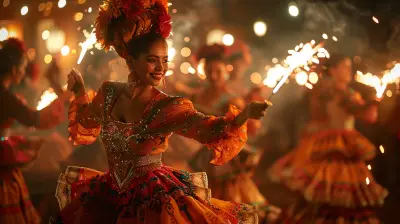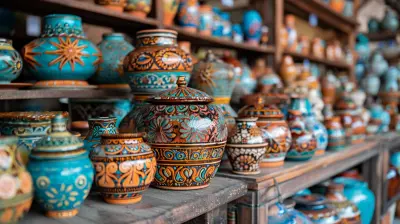How Cultural Festivals Are Adapting to a Changing World
14 August 2025
Cultural festivals have long been a defining feature of human society, bringing people together to celebrate heritage, traditions, and shared experiences. From the vibrant streets of Rio Carnival to the serene beauty of Japan’s Cherry Blossom Festival, these events have stood the test of time. But in today’s rapidly shifting world—marked by technological advancements, climate change, and global pandemics—festivals are evolving like never before.
So, how exactly are cultural festivals adapting to a changing world? Let’s dive in. 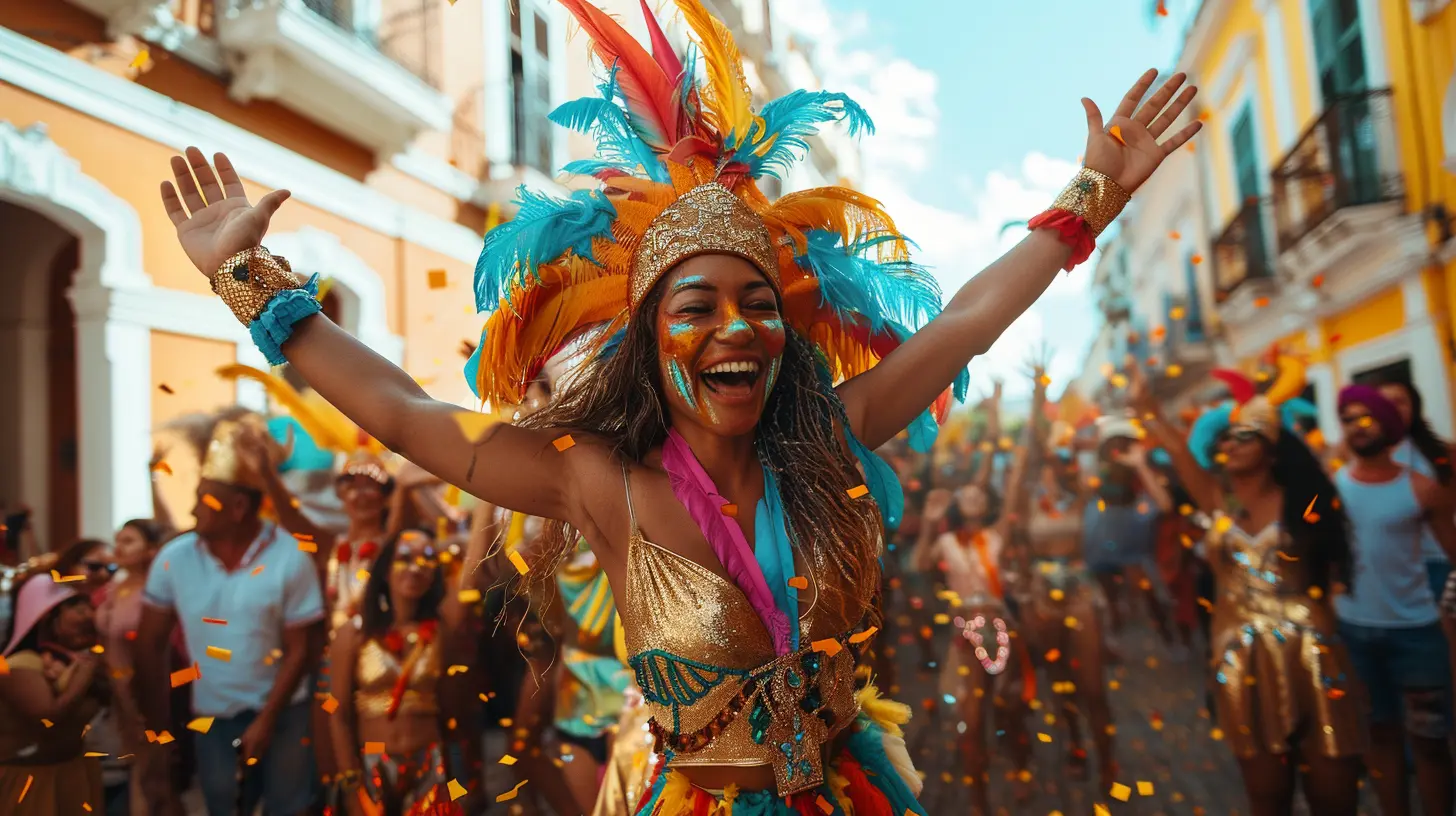
The Digital Revolution: Festivals in the Virtual Era
With the rise of digital technology, the way we experience cultural festivals has taken a significant turn. Physical events are no longer the only way to celebrate traditions. Thanks to live streaming, virtual reality (VR), and social media, cultural events are now reaching audiences across the globe.Live Streaming and Online Access
Many festivals have embraced live streaming, allowing people who can't travel to partake in the festivities from the comfort of their homes. Events like China's Spring Festival Gala or India’s Holi celebrations now broadcast live on platforms like YouTube and Instagram, enabling millions to tune in.Virtual Reality and Augmented Reality Experiences
Ever imagined attending Oktoberfest in Germany while sitting in your living room? With Virtual Reality (VR), that’s now possible. Some festivals have introduced VR experiences that immerse users in the sights and sounds of an event, making them feel like they’re physically there.Social Media and Interactive Engagement
Platforms like TikTok, Instagram, and Twitter have played a massive role in modernizing festivals. Event organizers use these channels to engage audiences, share behind-the-scenes content, and even create interactive challenges. Hashtags and viral trends have allowed festivals to gain global recognition in ways never seen before.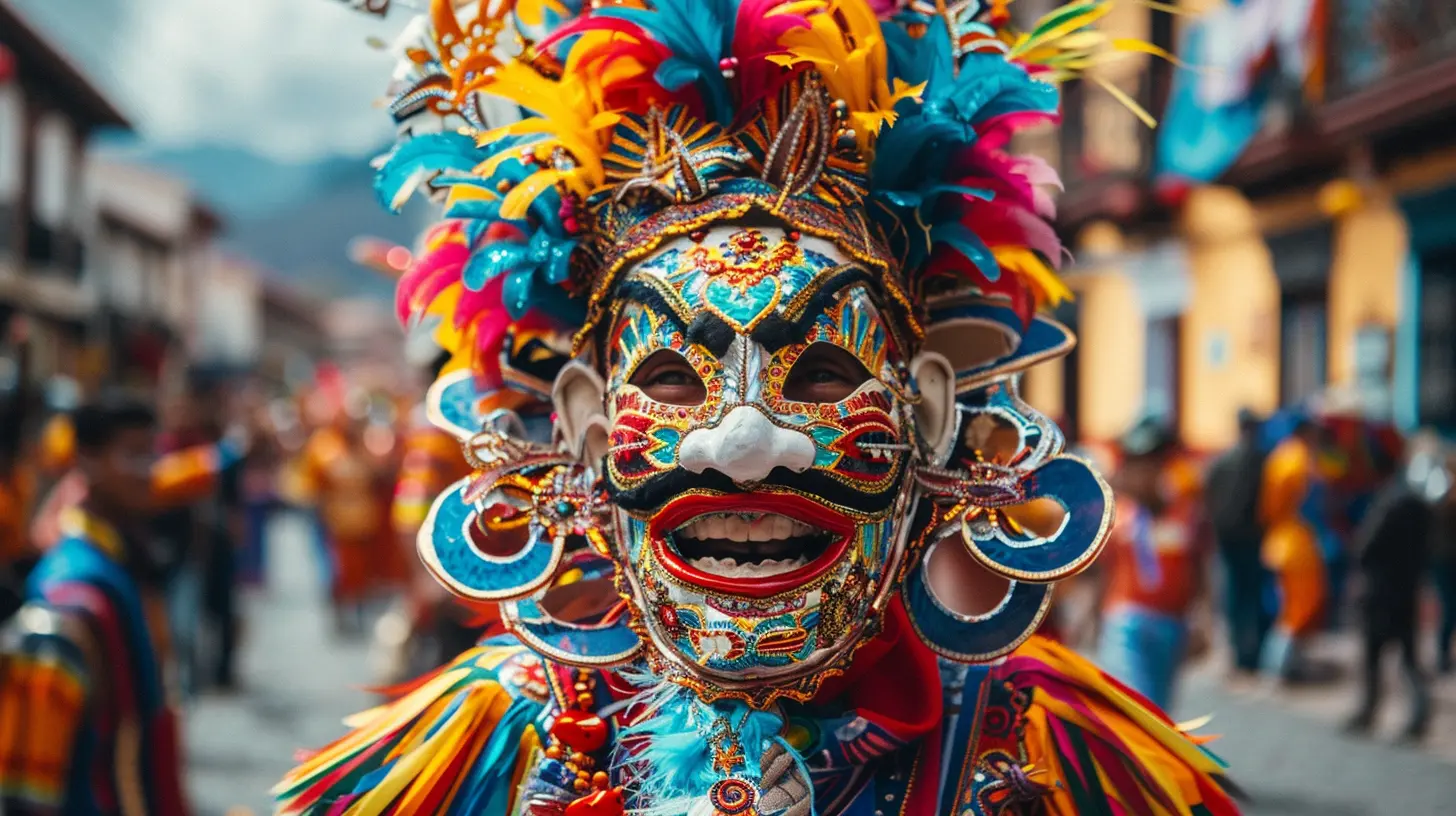
Sustainability: Festivals Going Green
Environmental concerns have pushed cultural festivals to rethink their approach. Traditional festivals often generate massive amounts of waste, consume tremendous energy, and leave a heavy carbon footprint. But now, sustainability is at the forefront of festival planning.Reducing Waste and Plastic Use
Many festivals are ditching single-use plastics and opting for biodegradable alternatives. For instance, Glastonbury Festival in the UK banned plastic bottles, shifting to reusable containers. Meanwhile, Thailand’s Loy Krathong festival, traditionally celebrated by releasing floating lanterns, now encourages the use of eco-friendly materials.Sustainable Energy Solutions
Large-scale festivals require significant amounts of energy for lighting, sound systems, and logistics. To counter this, some festivals are investing in renewable energy sources like solar panels and biofuels. The Roskilde Festival in Denmark uses 100% renewable energy to power the event.Carbon Offsetting and Green Initiatives
Several festivals are now incorporating carbon offset programs. Ticket sales often include a small fee dedicated to planting trees or supporting clean energy projects. Additionally, organizers encourage attendees to carpool, use public transport, or even cycle to reduce emissions.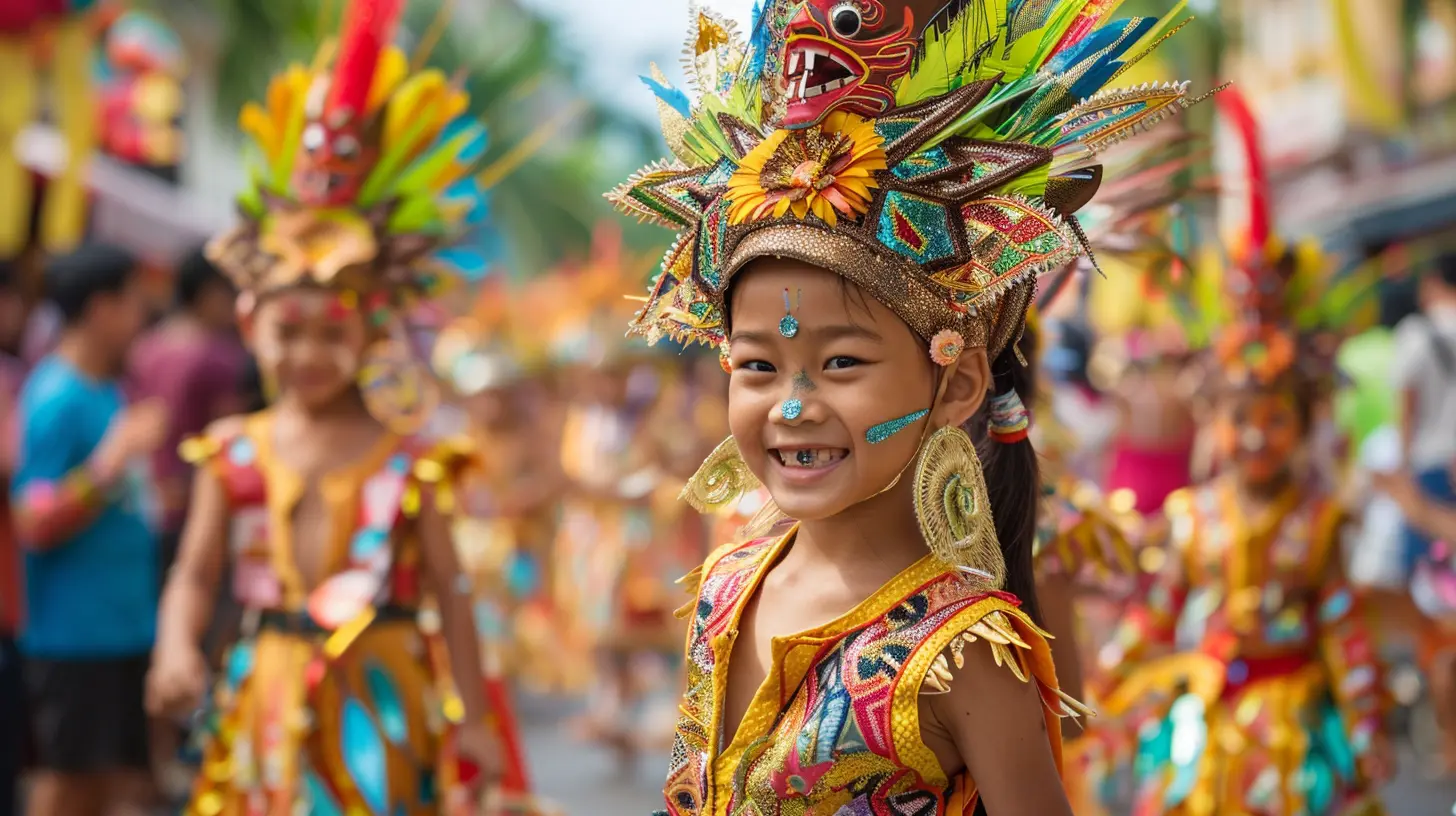
Cultural Preservation vs. Modernization: Striking a Balance
One of the trickiest challenges festivals face is maintaining cultural authenticity while adapting to modern trends. In some cases, modernization threatens to dilute traditions, while in others, it helps preserve them for future generations.Blending Tradition with Modern Elements
Some festivals are finding clever ways to keep traditions alive while making them appealing to younger audiences. For example, Japan’s Gion Matsuri festival now incorporates modern music performances alongside its traditional processions, attracting a broader crowd without losing its authenticity.Digital Archiving and AI-Powered Storytelling
To ensure that traditional knowledge isn’t lost, some festivals are utilizing artificial intelligence (AI) and digital archives. Indigenous communities in Australia, for example, have started digitally documenting their traditional practices, dance forms, and oral histories so that future generations can access them even if physical participation in festivals declines.Government and Community Involvement
Many governments and local communities actively work together to protect the authenticity of cultural festivals. UNESCO has designated several festivals, such as India’s Kumbh Mela, as Intangible Cultural Heritage, helping preserve these traditions through funding and awareness campaigns.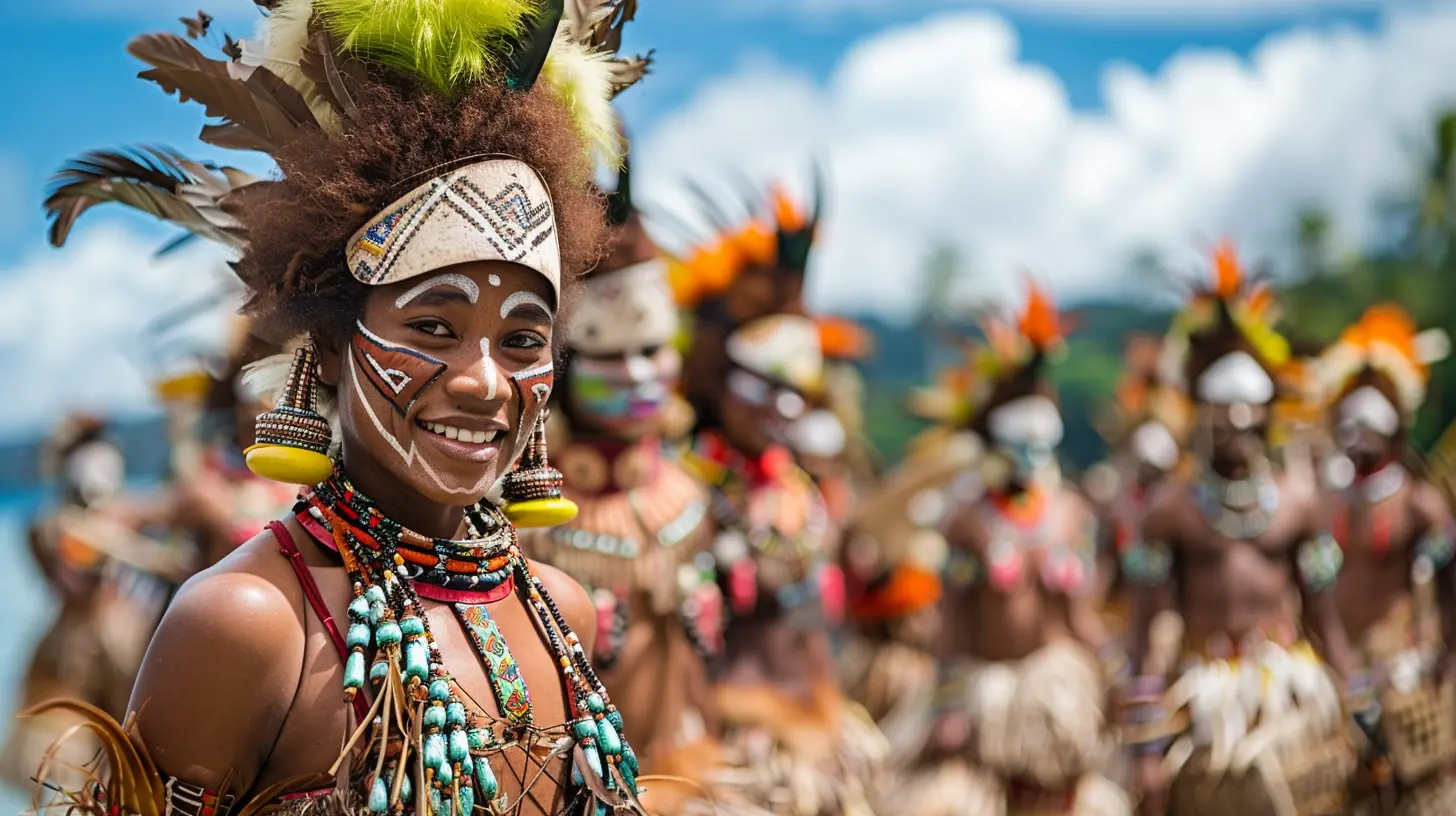
Adapting to Global Crises: Pandemics, Safety, and Public Health
Recent global crises, particularly the COVID-19 pandemic, forced festivals to rethink their safety measures and adapt to unforeseen challenges. The lessons learned during lockdowns have reshaped the way festivals operate.Health and Safety Protocols
Many festivals have introduced new health and safety guidelines, including mandatory vaccinations, temperature checks, and sanitation stations. For instance, Rio Carnival organizers now work closely with health authorities to ensure large gatherings remain safe.Hybrid Festivals: The Best of Both Worlds
A growing trend in response to global crises is the hybrid festival model, which combines physical and virtual participation. For example, the Edinburgh Festival Fringe now offers in-person performances alongside digital streaming options, making it more accessible to global audiences.Decentralized and Small-Scale Gatherings
To avoid overcrowding, some festivals now encourage decentralized celebrations. Instead of one massive event, multiple smaller gatherings take place across various locations. This model was implemented in Mumbai’s Ganesh Chaturthi, where organizers promoted community-based celebrations rather than large-scale processions.Inclusivity and Representation: Festivals for Everyone
Cultural festivals are also evolving to become more inclusive and representative of today’s diverse society. Organizers are making efforts to ensure that festivals welcome people from different backgrounds, abilities, and identities.Celebrating Diversity and Inclusion
Many festivals now emphasize diversity, ensuring that performances, art, and food represent a broader spectrum of cultures and identities. For example, London's Notting Hill Carnival has expanded to include influences from global Afro-Caribbean communities rather than focusing solely on its original Trinidadian roots.Accessibility for Disabled Attendees
Efforts are being made to make festivals more accessible to people with disabilities. Features like wheelchair-friendly pathways, sensory-friendly zones, and sign language interpretation are becoming more common. Festivals such as Burning Man and Coachella have ramped up their inclusivity measures to accommodate all attendees.Gender Inclusivity and Safe Spaces
Safety and inclusivity for women and LGBTQ+ communities have become a priority in many festivals worldwide. Some events now have designated safe zones, gender-neutral restrooms, and initiatives to tackle harassment. The Jaipur Literature Festival, for instance, has introduced strict policies to ensure a safe and respectful environment for all.The Future of Cultural Festivals
So, where are cultural festivals headed? As the world continues to change, festivals will likely continue evolving in ways we never imagined.- More Tech Integration: As AI and AR technology advance, expect even more immersive digital experiences.
- Greater Sustainability Measures: More festivals will adopt eco-friendly practices, ensuring minimal environmental impact.
- Stronger Global Accessibility: Hybrid models will allow more people worldwide to participate in traditions they once could only dream of attending.
While change is inevitable, one thing remains constant—cultural festivals will always be a way for humanity to connect, celebrate, and remember our shared histories. The key lies in adapting while staying true to the essence of these traditions.
What do you think? Have you seen festivals around you change in recent years? Share your thoughts!
all images in this post were generated using AI tools
Category:
Cultural FestivalsAuthor:

Winona Newman
Discussion
rate this article
2 comments
Drew Sweeney
Cultural festivals are not just evolving; they’re thriving! Embracing innovation while honoring tradition, these vibrant celebrations unite communities, foster understanding, and ignite passion. Let’s celebrate our shared humanity and the resilience of culture in a rapidly changing world!
November 6, 2025 at 5:21 AM

Winona Newman
Absolutely! Cultural festivals are indeed a powerful testament to our shared humanity, evolving to embrace new ideas while preserving cherished traditions. They play a crucial role in building community and promoting understanding in today's fast-paced world.
Cecilia McWilliams
This article beautifully highlights the resilience of cultural festivals, showcasing their ability to evolve and connect communities in changing times.
August 16, 2025 at 4:35 AM

Winona Newman
Thank you for your kind words! I'm glad you resonated with the theme of resilience and community connection in cultural festivals.
